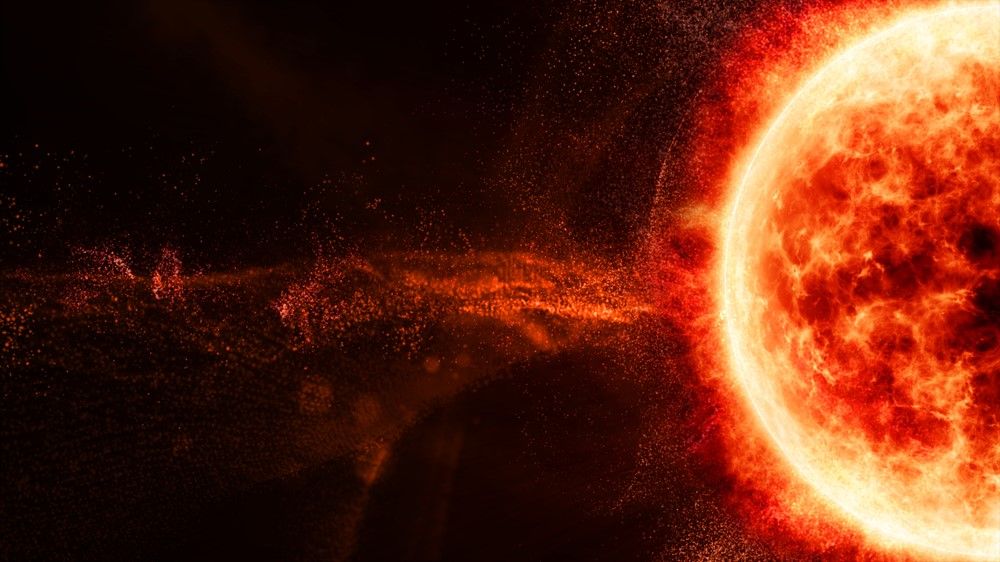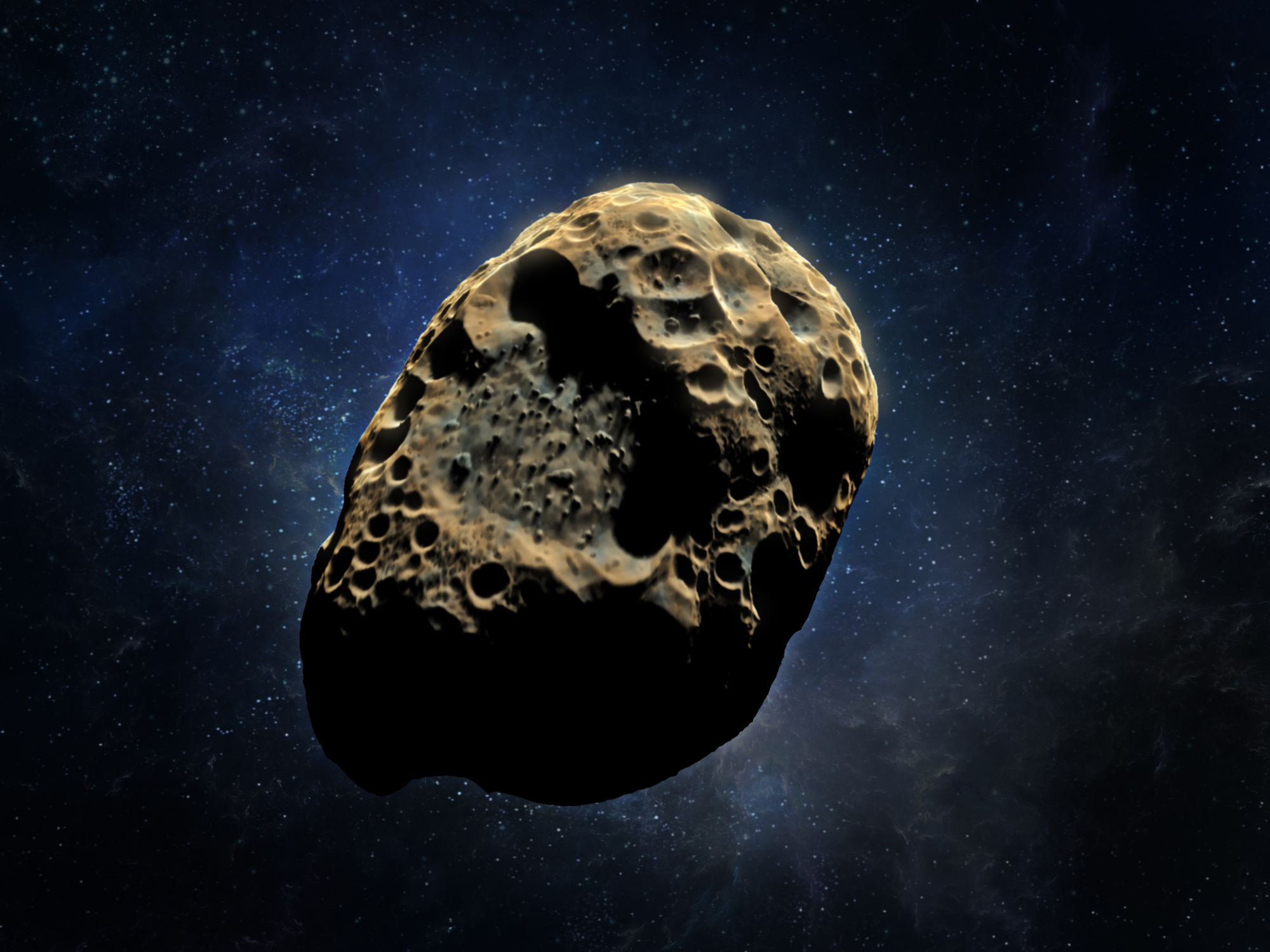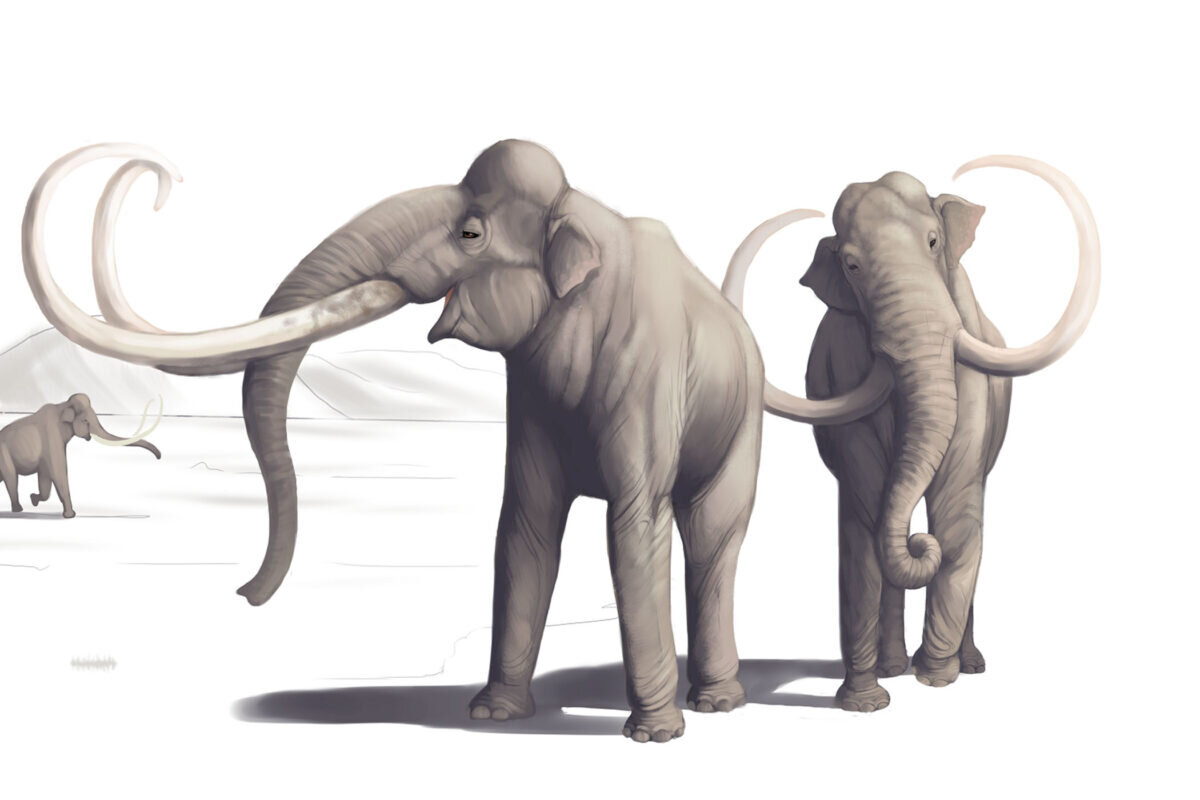The core stage of a Chinese language Lengthy March 5B rocket is ready to fall uncontrollably again to Earth at present in a re-entry that China is watching carefully and which it says poses little danger.
The roughly 25-tonne (23 metric ton) rocket stage, which was launched on July 24 to ship the Wentian lab cabin module to China’s incomplete Tiangong area station, is predicted to return Earth ambiance on July 30 at 12:15 p.m. ET, plus or minus 1 hour, in accordance with researchers at The Aerospace Company Heart for Orbital Particles and Reentry Research (opens in a brand new tab).
It is unclear precisely the place it is going to land, however the attainable particles area contains the US, India, Australia, Africa, Brazil and Southeast Asia, according to The Aerospace Corporation (opens in a brand new tab)a US government-funded nonprofit analysis heart primarily based in California.
Associated: The largest spacecraft that fell from area with out management
A rocket’s first stage, its propellant, is normally the most important and strongest part. Normally, rocket booster trajectories are deliberate to both keep away from orbit and fall harmlessly into the ocean or, in the event that they handle to orbit, carry out a managed re-entry with a couple of bursts of their engines. However the Lengthy March 5B booster engines can not restart as soon as they’ve stopped, dooming the booster to spin across the Earth earlier than touchdown in an unpredictable location.
That is the third time in two years that China has dumped its rockets uncontrolled. Within the second case, in Could 2021, the rocket particles landed harmlessly within the Indian Ocean. However the first incident, in Could 2020, reportedly rained metallic objects on villages in Ivory Coast, though no accidents had been reported.
On account of their large measurement, Lengthy March 5B boosters will be significantly in danger throughout an uncontrolled re-entry, which implies that a good portion of their mass doesn’t burn off safely within the ambiance.
“The overall rule of thumb is that 20% to 40% of a big object’s mass will hit the bottom, however the actual quantity is dependent upon the design of the article,” mentioned Marlon Sorge, area particles professional at The Aerospace Company. . mentioned in an internet Q&A (opens in a brand new tab). “On this case, we’d count on round 5 to 9 metric tons [6 to 10 tons].”
“Usually, for an higher stage, you see small and medium tanks surviving roughly intact, and enormous engine elements,” Sorge added. “The massive tanks and the pores and skin of this central stage are vulnerable to disintegration. We may even see mild parts reminiscent of insulation falling off. The melting level of the supplies used will make a distinction in what stays.
What is the danger?
Based on The Aerospace Company, since greater than 88% of the world’s inhabitants is under the rocket’s orbital footprint, some surviving particles may land in a populated space. However Muelhaupt mentioned the percentages of this particles harming somebody vary from 1 in 1,000 to 1 in 230, and the chance for a single particular person is way decrease – round 1 in 6 trillion to 1 in 10 trillion. For comparability, he added, the likelihood of being struck by lightning is about 80,000 occasions larger. The internationally accepted accident danger threshold for uncontrolled rocket re-entry is 1 in 10,000, in accordance with a 2019 report by the US authorities’s Orbital Particles Mitigation Commonplace Practices.
Regardless of the comparatively low danger of hurt to life or property, China’s determination to launch rockets with out controlled-reentry choices has drawn extreme rebukes from US area consultants.
“Area nations should reduce the dangers to individuals and property on Earth from area object re-entries and maximize transparency relating to these operations,” mentioned NASA Administrator Invoice Nelson. written in an announcement (opens in a brand new tab) after the 2021 Lengthy March 5B crash. “It’s clear that China is failing to satisfy accountable requirements relating to its area particles.”
“Why are we frightened? Nicely, it brought on property harm final time [in 2020], and folks want to arrange accordingly,” Ted Muelhaupt, area professional and guide at The Aerospace Company, informed a press convention. “It does not must be. We’ve the expertise to not have this downside.”
China referred to as the issues “shameless hype.” In 2021, then-Chinese language International Ministry spokesperson Hua Chunying accused Western reporting of bias and “textbook-like double requirements” of their protection of the Chinese language rocket downfall. For instance, in March 2021, particles from a free-falling SpaceX rocket crashed right into a farm in Washington state, an occasion she says Western media lined positively and with use. of “romantic phrases”.
Based on Article VII of the 1967 Outer Area Treaty, to which all main area nations – together with China – are events, any nation that sends an object into area is internationally chargeable for any harm it does. may trigger one other social gathering when it crashes again to earth. If that had been to occur, the incident can be handled by a claims fee or handled by diplomatic channels – like in 1978, when the defective Soviet satellite tv for pc Kosmos 954 crashed in western Canada, shattering about 370 miles of lengthy (600 kilometers). path with particles from its damaged onboard nuclear reactor.
Christopher Newman, professor of area regulation and coverage at Northumbria College in London, mentioned all main launch nations could have components of area objects returning to Earth unchecked, however establishing a global consensus on the How one can take care of them is tough given the present geopolitical tensions.
“It is a downside that requires a global answer, particularly since objects reminiscent of rocket our bodies are 3 times extra more likely to affect cities within the ‘International South,'” Newman informed Dwell Science. “But one solely has to take a look at the perspective of nations in the direction of area monitoring and area situational consciousness, in addition to the issue of particles in Earth orbit, to see that the worldwide group doesn’t isn’t but motivated to attempt to resolve this downside.
“As a lawyer, it’s clear to me that the impetus for change solely comes when there may be some type of catastrophe or tragedy – and by then it’s typically too late,” mentioned he declared. “The warnings are there for all customers of area; the query is whether or not they are going to act now to take care of them.”
Initially posted on Dwell Science.
#Chinese language #25ton #rocket #booster #crash #Earth #at present #Whats #danger



